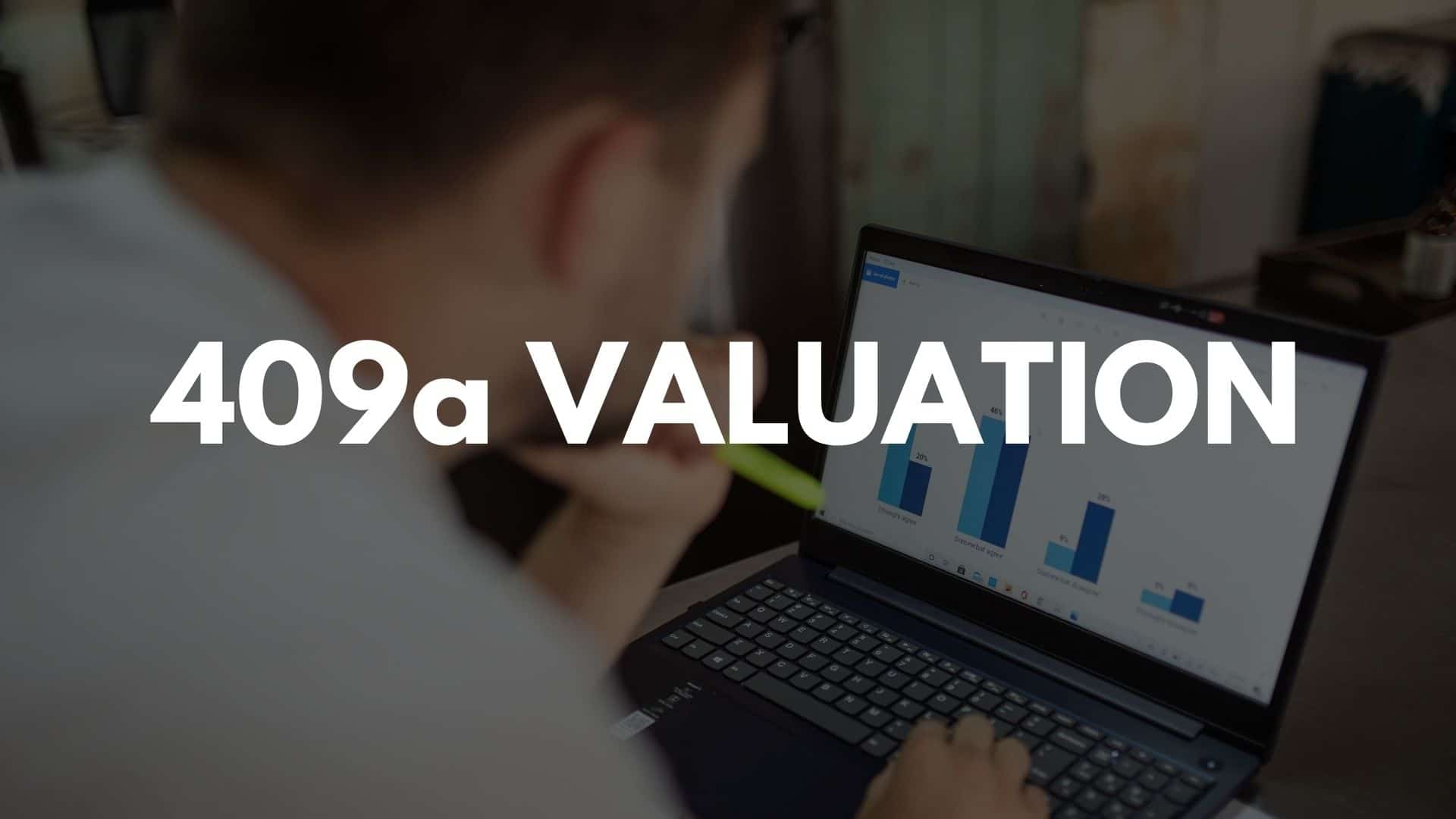
409A is an independent process that is performed during startup valuation. According to IRS rules, 409A valuation must be done by a third-party professional. It is often conducted at the fair market value of a business. During a startup valuation, 409A sets the appraisal price for contractors, advisors, employees and any other entity in a business. 409A startup valuation is performed at the beginning of new financing of investment. Before the introduction of 409A, it wasn’t easy to value a startup. The framework to strike a price for various options was limited.
When a business raises its initial capital, it is required by law to perform a 409A valuation. Conducting a 409A valuation during the start of new financial business activity is also required. Most businesses conduct a 409A after the start of each capital raising. The law provides a twelve-month grace period for startups to value their 409A. The only exception to this rule is when a startup valuation reaches an inflection point. Inflection points, such as new financing, often require new valuations.
When a startup has grown to later stages, its legal counsel and auditors usually set a frequency for a 409A valuation. The frequency may reduce from annual to semi-annual and finally to quarterly valuations. When a business reaches a potential IPO, it increases its cadence to about a quarterly period.
A global event such as COVID-19 negatively impacted many businesses. As such, many startups failed to value their 409A. The pandemic resulted in sudden market changes that affected 409A valuation.
During the early stages of a startup, the start of business financing is the preferred time for a 409A valuation. It provides a benchmark for the financial projection of your business. You can benchmark other similar companies in the early and mature stages. You can study the market volatility and make the right decisions for your business at this time.
A startup offering new services is likely to encounter problems with product development. Raising enough capital to enable a business to break even is also problematic. An early-stage business might have challenges having positive cash flows.
409A startup valuation is mandatory for any business. The valuation is important for the business and its employees. An independent qualified startup valuer must carry it out. Wiley Financial has experience performing 409A valuations in various sectors. Contact us today for your 409A startup valuation.
Wiley Financial Services is a full-service accounting firm, specializing in Business Appraisals and Business Valuations, that has over 20 years of experience with a variety of industries ranging from restaurant, biomedical, manufacturing, advisory firms, nurseries, event design firms, IT firms, and many more. Wiley Financial is based in Oceanside, CA and we primarily service clients across the Western United States from our San Diego office.